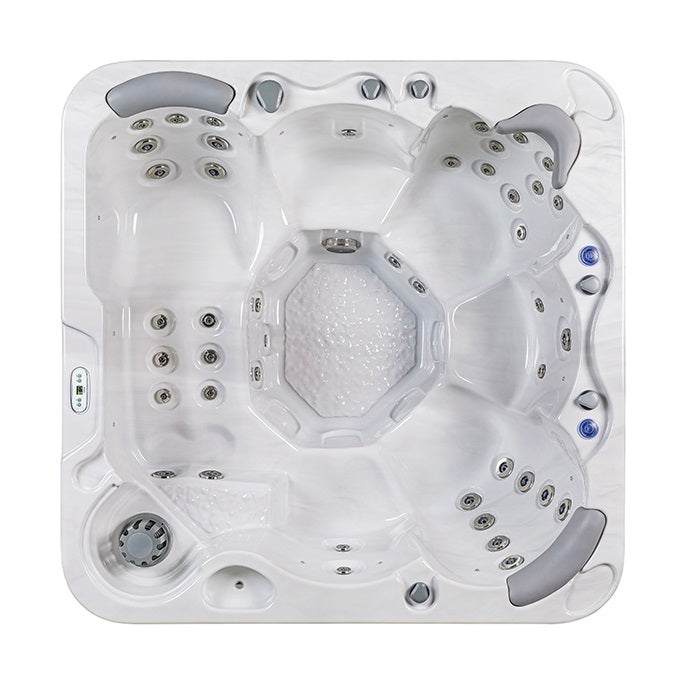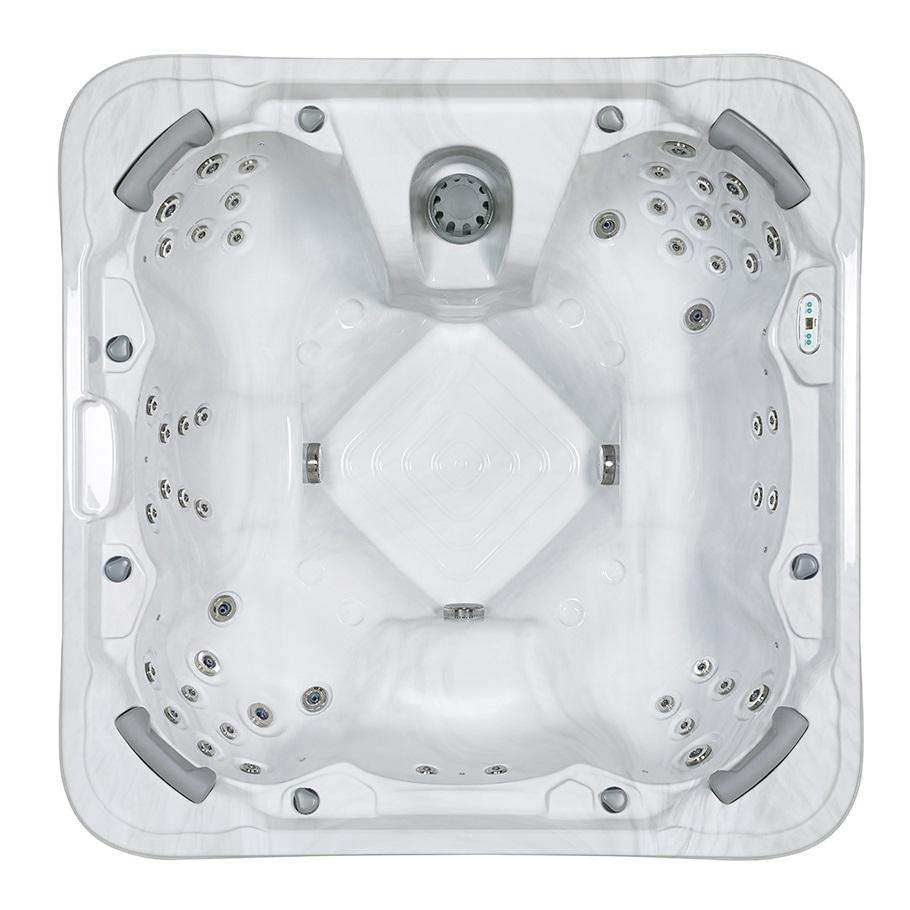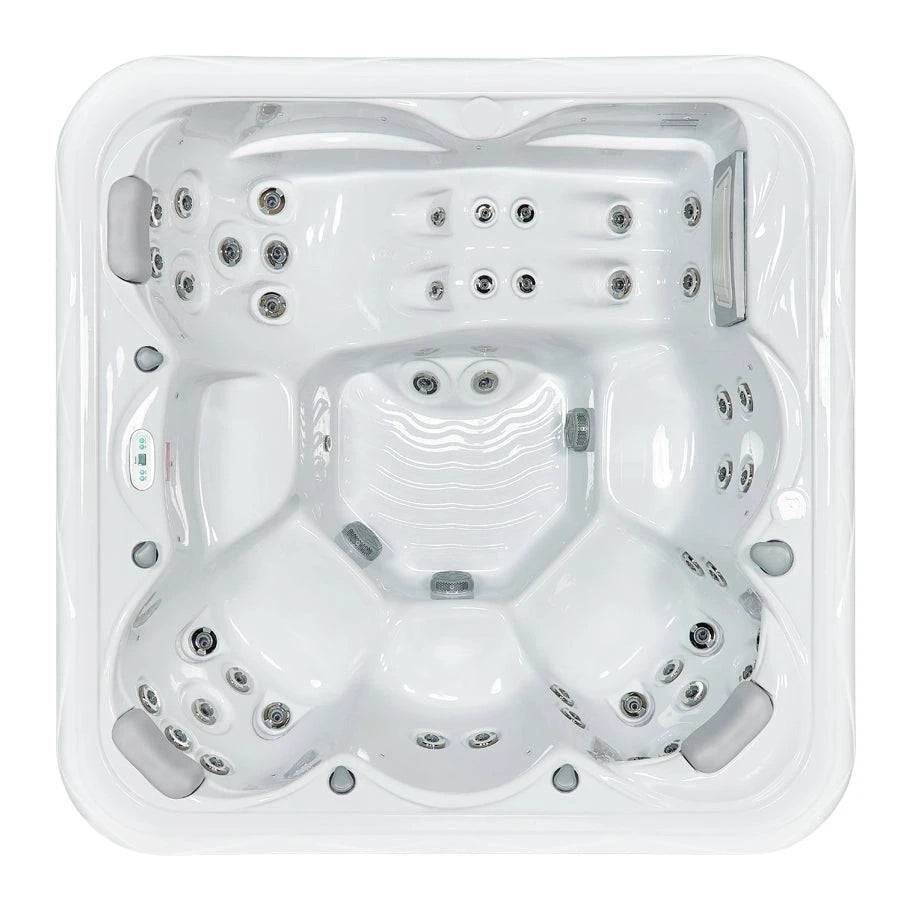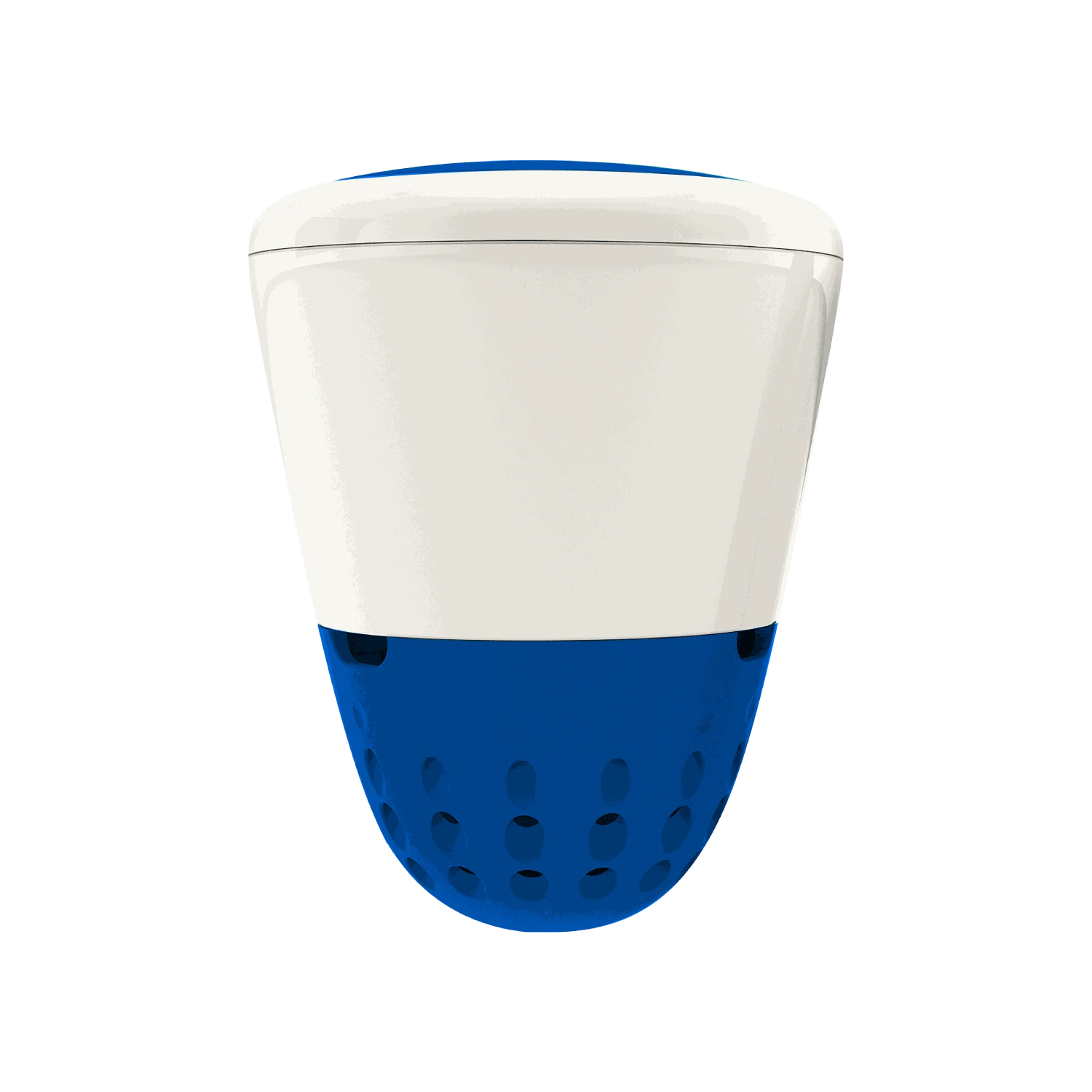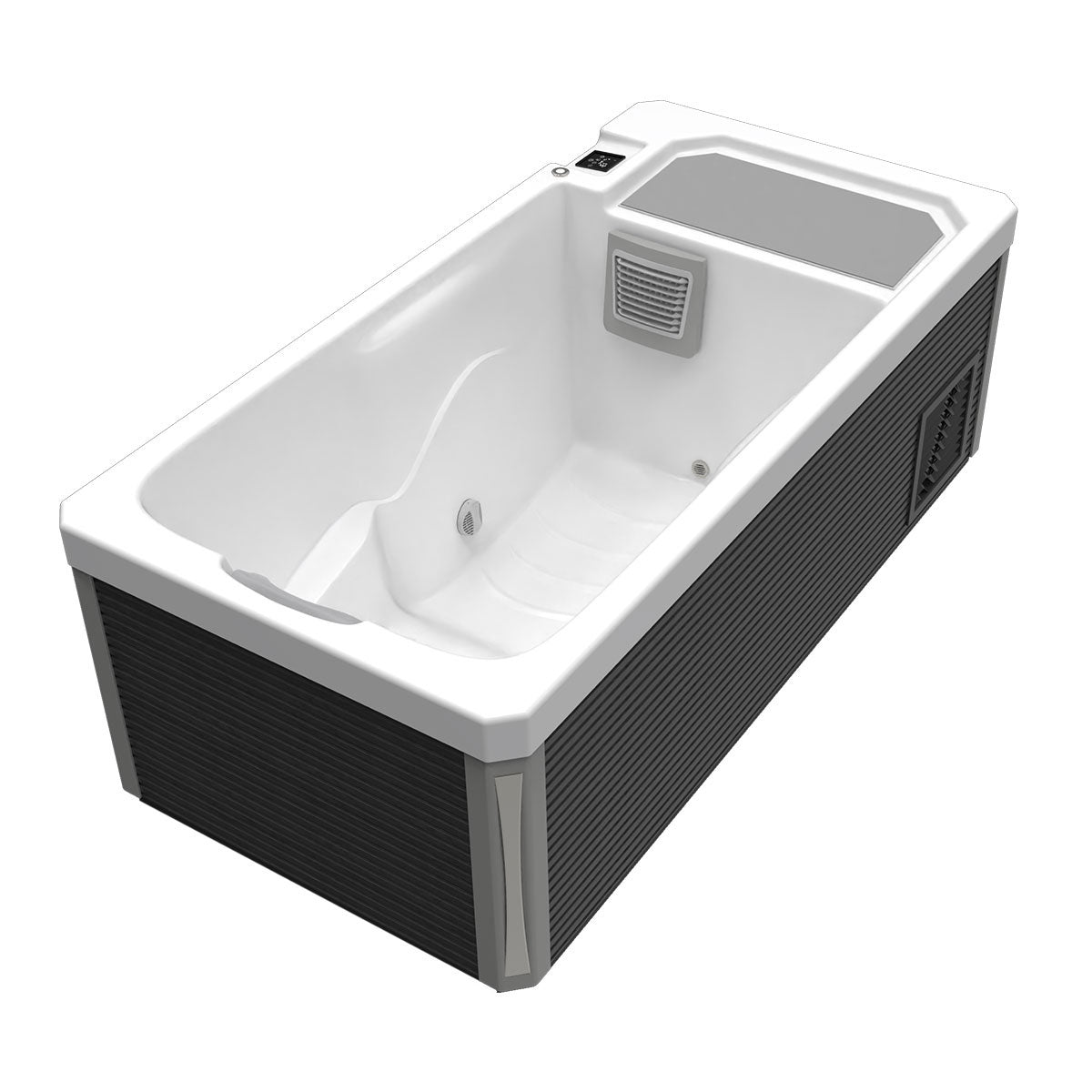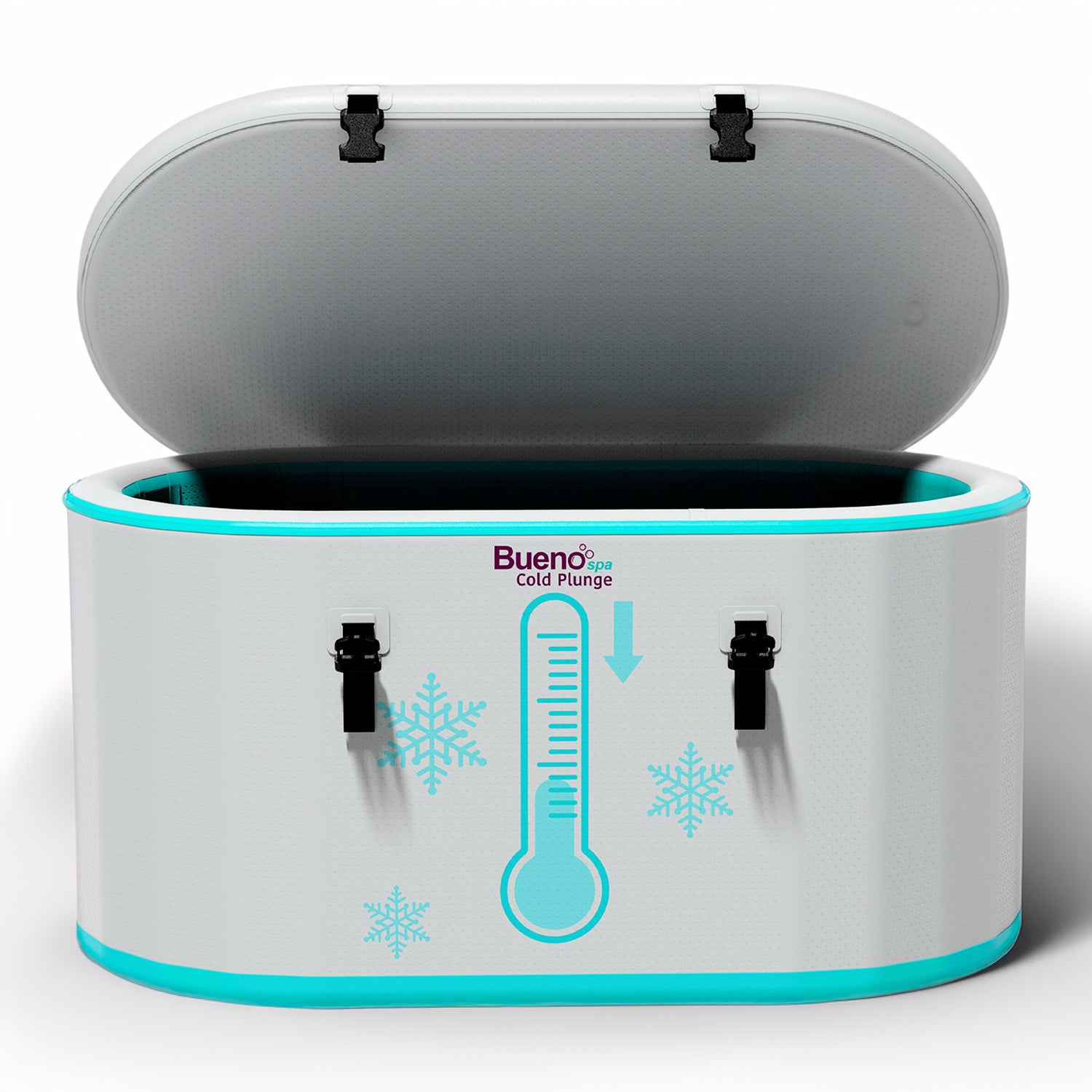A hot tub can impact your home insurance in several ways, primarily by increasing the potential risks associated with your property. Here are some key factors to consider:
- Increased Liability Risk
A hot tub introduces additional liability risks, as there's a higher chance of accidents or injuries occurring in and around the hot tub area. This can include slips and falls, drowning, or other injuries. Homeowners insurance typically includes liability coverage, and adding a hot tub might require increasing this coverage to protect against potential lawsuits or medical costs if someone is injured.
- Higher Property Value
Installing a hot tub can increase the overall value of your home. Since homeowners insurance is partly based on the value of your property, this increase in value may lead to higher premiums. Insurers may require you to adjust your coverage limits to reflect the new, higher replacement cost of your home.
- Potential for Damage
Hot tubs come with the risk of causing water damage to your home or surrounding structures. Leaks or overflows can lead to significant damage, which would be covered under the property damage portion of your homeowners insurance. To account for this additional risk, your insurance provider may increase your premiums.
- Maintenance and Upkeep
Regular maintenance and proper installation of the hot tub are crucial in mitigating risks. Insurance companies might consider the condition and quality of your hot tub when determining your premiums. Proper installation, adherence to safety regulations, and ongoing maintenance can sometimes help in managing insurance costs.
- Safety Measures
Implementing safety measures can affect your insurance premiums. Insurance companies often look favorably on homes with added safety features like secure fencing around the hot tub, safety covers, and non-slip surfaces. These measures can reduce the risk of accidents and may help lower your premiums.
- Notification to Insurance Company
When you install a hot tub, it is essential to notify your insurance company. Failing to do so could result in a denial of coverage for any claims related to the hot tub. Your insurer will reassess your policy and adjust the premiums accordingly to cover the new risks associated with having a hot tub.
Tips to Manage Increased Insurance Costs
- Shop Around: Different insurance companies have different policies and rates. It may be beneficial to shop around and compare quotes from multiple insurers.
- Bundle Policies: Consider bundling your homeowners insurance with other policies, like auto insurance, to potentially receive a discount.
- Increase Deductibles: Increasing your deductible can lower your premium, but make sure it's an amount you can afford to pay out-of-pocket in case of a claim.
- Invest in Safety Features: Implementing additional safety features can sometimes qualify you for discounts on your premiums.
Conclusion
Adding a hot tub to your home can lead to increased homeowners insurance premiums due to the higher liability risks, increased property value, and potential for damage. However, by taking appropriate safety measures and maintaining open communication with your insurance provider, you can manage these costs effectively.


 (888) TO - BUENO
(888) TO - BUENO




